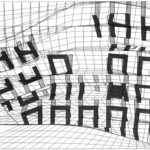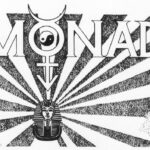The map is the territory
Dossier: What is German Media Philosophy?
When I read the expression ‘The map is not the territory’ for the first time, it occurred to me that it contained the quintessence of Anglo-American philosophy of common sense. The defiant insistence on a logic of representation, a common-sense belief in the evidence of an objective ‘reality’ that is prior to all mental representations […]





